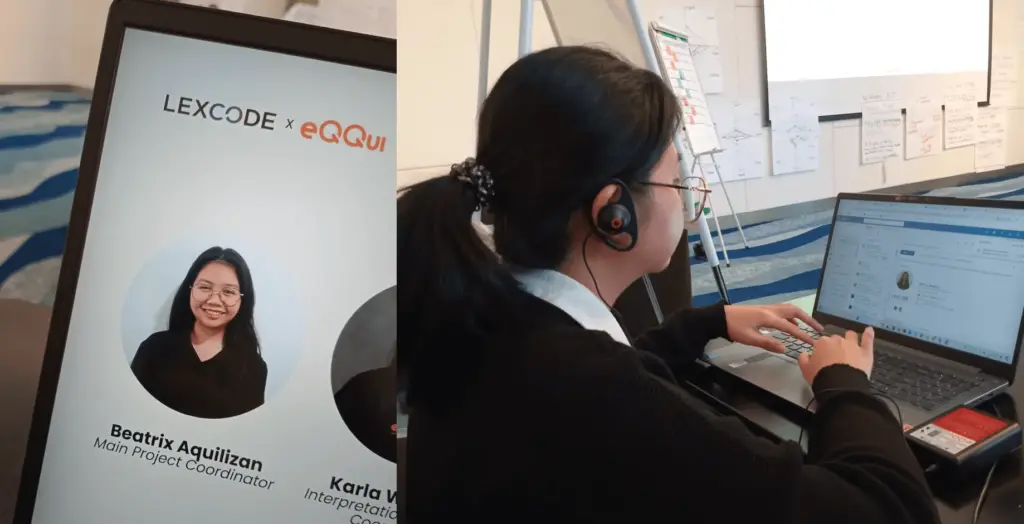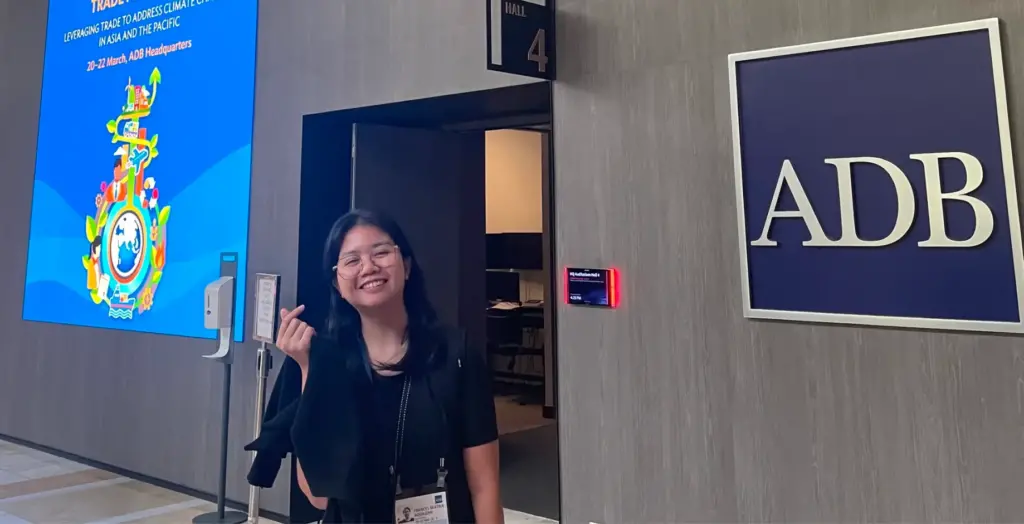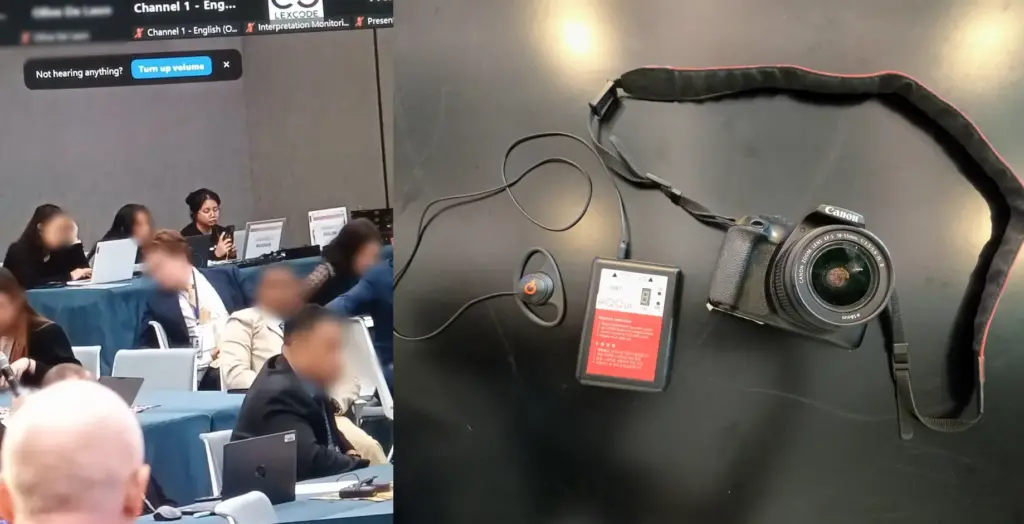
Beatrix A. |
May 29, 2024
My pursuit of achievement
People say that every great journey starts with a single step. This quote is what I currently cling to as I have started my career as a Junior Interpretation Project Manager at Lexcode. As a fresh graduate who is just stepping into the real world, I always feared that I might not find a job that suits my skills and interests. Even before I graduated, I had already envisioned myself as someone who manages events and projects in the media industry. Never have I thought that I’d be contributing my efforts to the localization industry—an industry that is not much talk of the town.
Joining Lexcode is like riding a bicycle for the first time—nerve-wracking yet thrilling. While applying for the role, I researched the company, including its services and background. In particular, I searched for the job description I was applying for because I really had no idea what an interpretation project manager did. All I knew was that I’d be managing projects; however, they turned out to be more than projects, as they entailed managing people and intangible deliverables to make projects successful.
On being an interpretation project manager
In my fifth month at the company, so far, I’m enjoying the ride. The processes of client management, as well as pre-event, during-the-event, and post-event procedures, are my main responsibilities. One prominent attribute that an interpretation project manager should have is the ability to communicate effectively and efficiently, be it with clients, freelance interpreters, or internally with the team. Others may see these duties as unchallenging, but for me, these shoes are hard to fill.

Last March, I managed my first project for the Asian Development Bank. It was a three-day forum about leveraging trade to address climate change in Asia and the Pacific. Since this was the first project under my belt, I overcame challenges from the pre-event to the post-event. It made me realize that not everything goes according to plan, and a project manager must always have multiple backup plans. Nevertheless, these challenges became lessons and experiences to ponder.
What’s amusing about managing various events are the topics being discussed, for we can obtain additional knowledge about issues and occurrences. The people or event participants are also interesting because we get to understand each of their backgrounds and their roles in society. In particular, the interpretation process really fascinates me the most because I witness how language barriers are bridged, plus it makes events more meaningful at some point.
The importance of bridging language barriers
As a communication major, I am fond of communicating not only to send out a message across but also to guarantee comprehension. I believe these two aspects should always come together so that both parties can understand each other.
At Lexcode, we adhere to the belief that “language is not a barrier but an opportunity.” We see the diversity of languages as a chance to enhance communication and understanding. This core belief shapes our efforts to address and bridge language barriers by providing effective language solutions, from translation to interpretation and AI-powered technology, for seamless communication. I share this vision with Lexcode and am dedicated to the mission of promoting language inclusivity and overcoming language barriers.

Removing the training wheels
Finally, I was regularized in April 2024. Looking back on my probationary period, I had someone hold the back of my bike as I used training wheels to prevent falls—that is, I relied heavily on the support and guidance of my seniors to navigate my new role. Despite experiencing tumbles and setbacks, these challenges didn’t discourage me; instead, they motivated me to work harder and strive for independence.
Just like learning to ride a bicycle independently, my success relied on my efforts to initiate motion, overcoming fears of going off-balance, until I built up a comfortable momentum, joining autonomous individuals in the company. That is why I didn’t let my guard down; I worked earnestly, evaluation after evaluation, to work out my flaws and immediately correct the mistakes for improvement.
A localization company like Lexcode helps its employees ride their bicycles with training wheels first, but once they gain proficiency and courage, they are encouraged to remove the training wheels and explore new challenges independently. This approach ensures that Lexcodians are well supported as they learn the ropes, but it also fosters a culture of growth and innovation by empowering them to take the initiative, think creatively, and drive the company forward with their unique insights and skills.